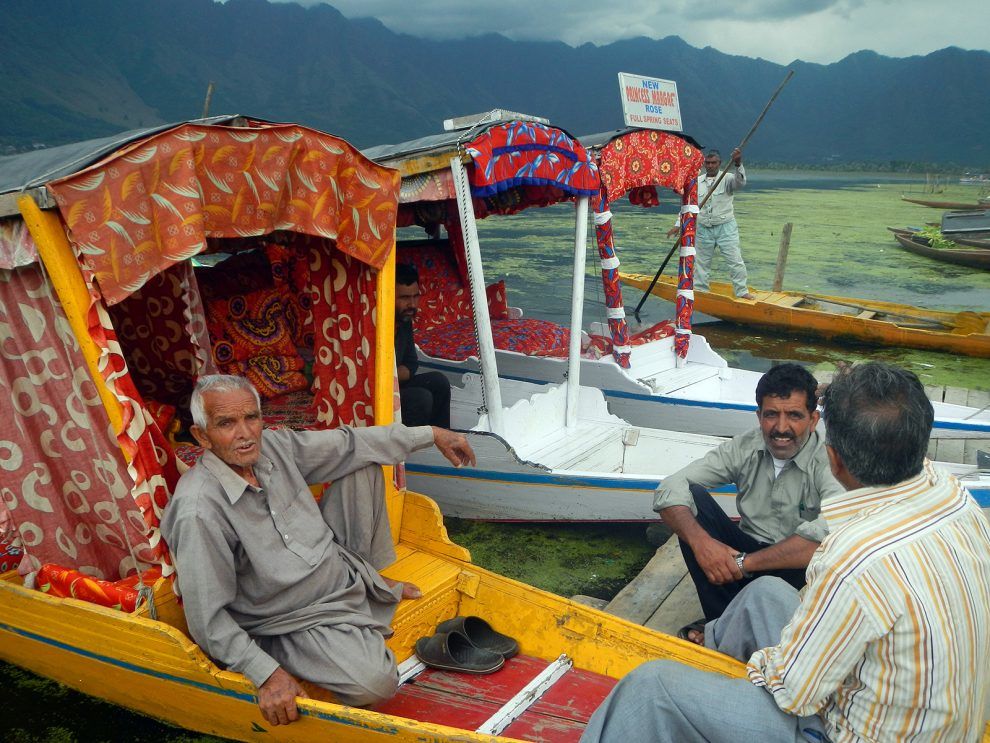
“We need to follow the teachings of Islam to practice sound ecology in our valley,” Sartaj Sofi sermonized to his congregation of over 500 in Kasmir, India during Friday prayers. According to Religion News Service, for three years Sofi has been one of a growing number of preachers in the Kashmir Valley to “sensitize the local Muslims to eco-consciousness through an appeal to their faith.”
Farooq Ahmed, an imam from nearby Srinagar, says that after years of conflict that has harmed the valley’s natural beauty, the locals now have more faith in religious preachers to protect their communities and heritage. “Years of violence and state surveillance have depleted our natural resources, along with climate change,” said Sofi. “Ordinary people are now turning to religion.”
Ghulam Rasool Dar, a local boatman, says the absence of a proper anti-pollution program is due to the unstable political situation in Kashmir. Security forces are reported to have cleared enormous tracts of forestland to prevent militants from taking cover in the forests. In 2014, terrifying floods killed more than 300 people as hundreds of villages, bridges and roads were washed away. This is said to be the result of deforestation.
“The floods were the flashpoint,” says Pir Masood-ul-Haq, an administrator at the Hazratbal shrine in Srinagar, widely considered the holiest Muslim shrine in Kashmir. “The calamity spurred us to sensitize people at shrines and mosques about conserving our environment.”
Kashmiri religious leaders are said to be mobilizing action to prevent use of plastics, fossil fuels and pesticides. The imams’ environmental push is driven by the youth of Kasmir. “There’s a spurt in religiosity among the youth who see mosques and shrines as platforms to reach a wider audience at the grassroots level,” said Fayaz Ahmed Rather, an administer for a local religious charitable endowment.



